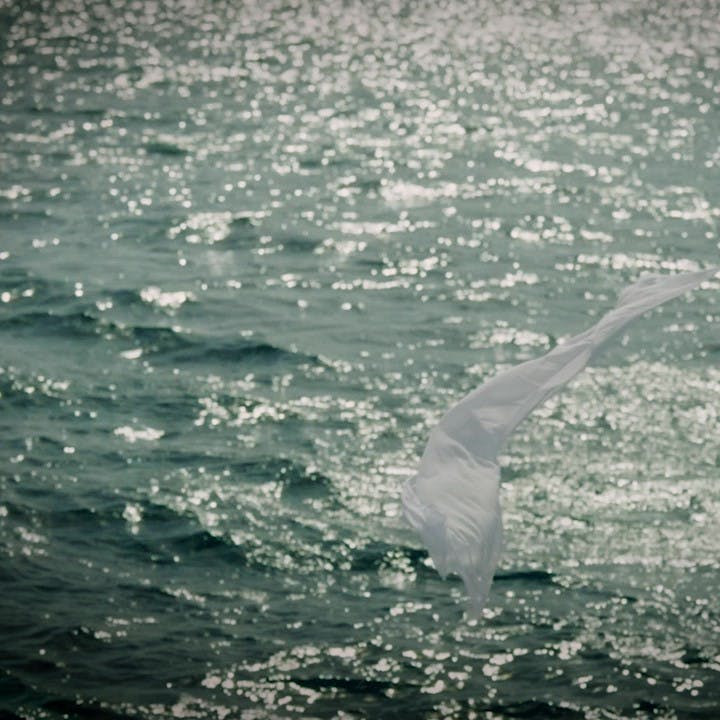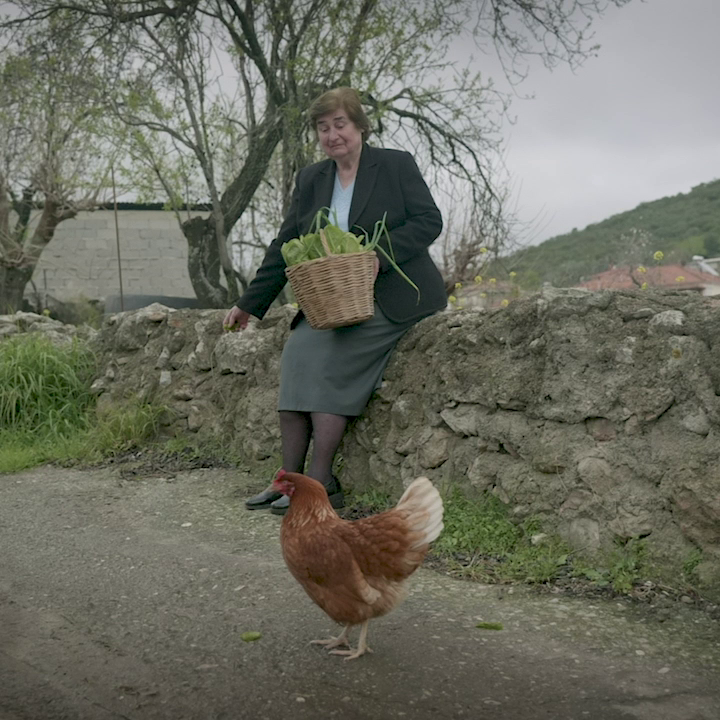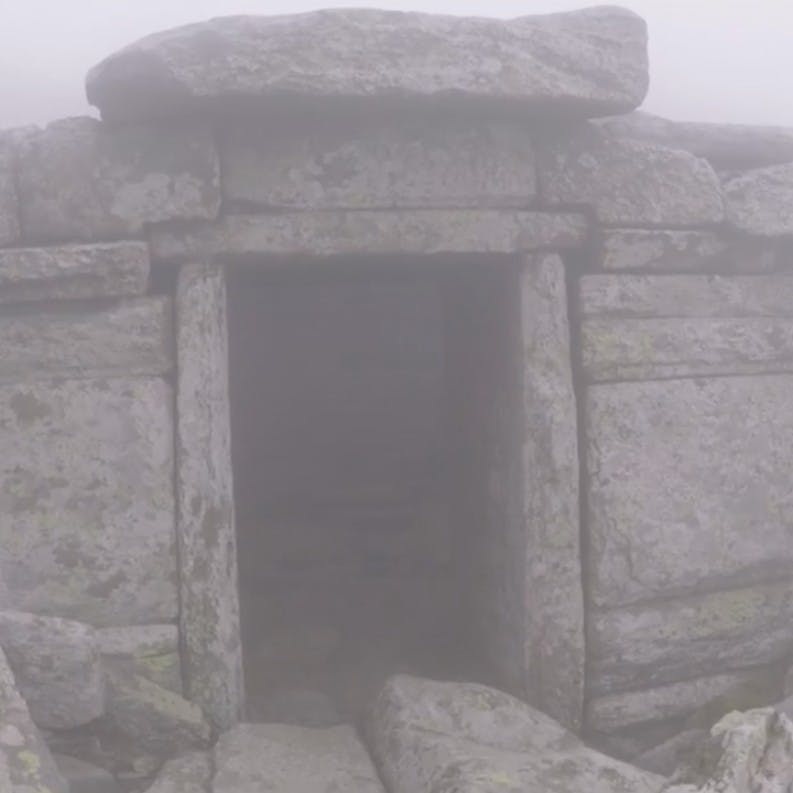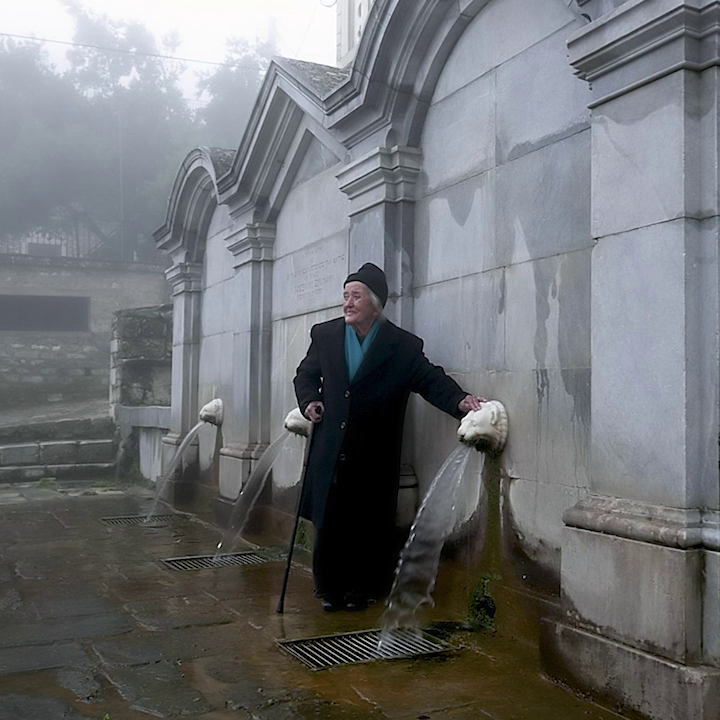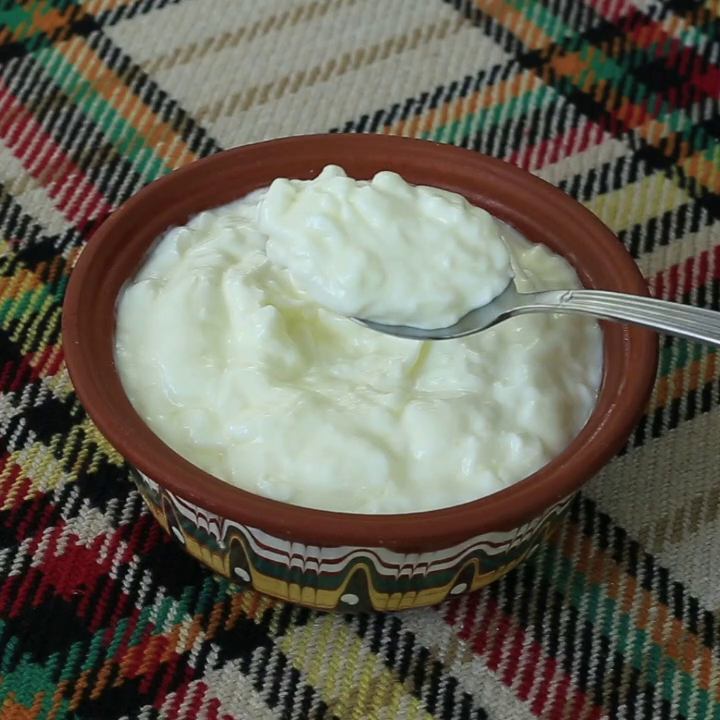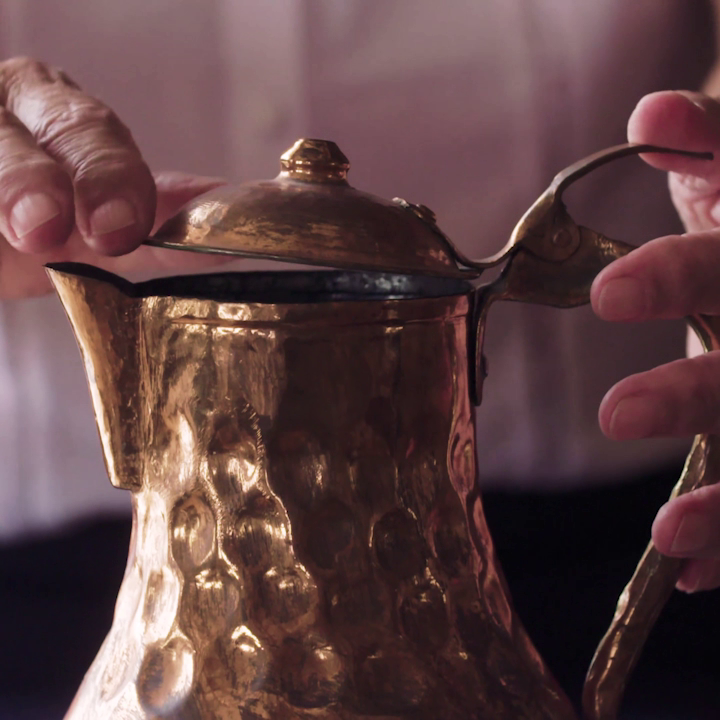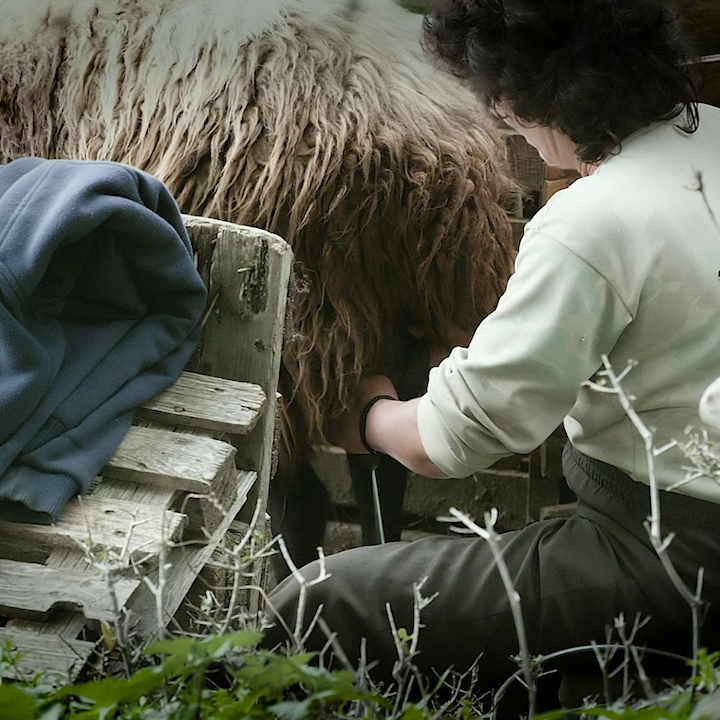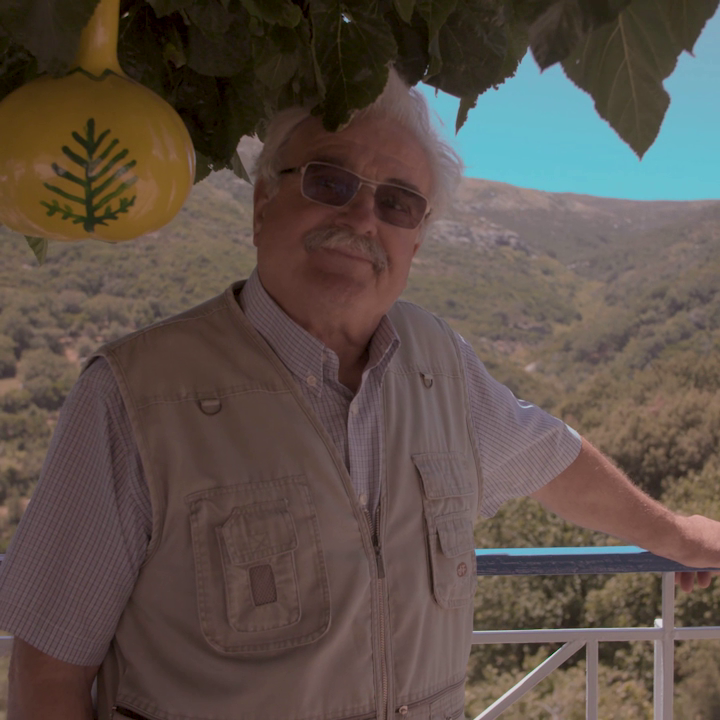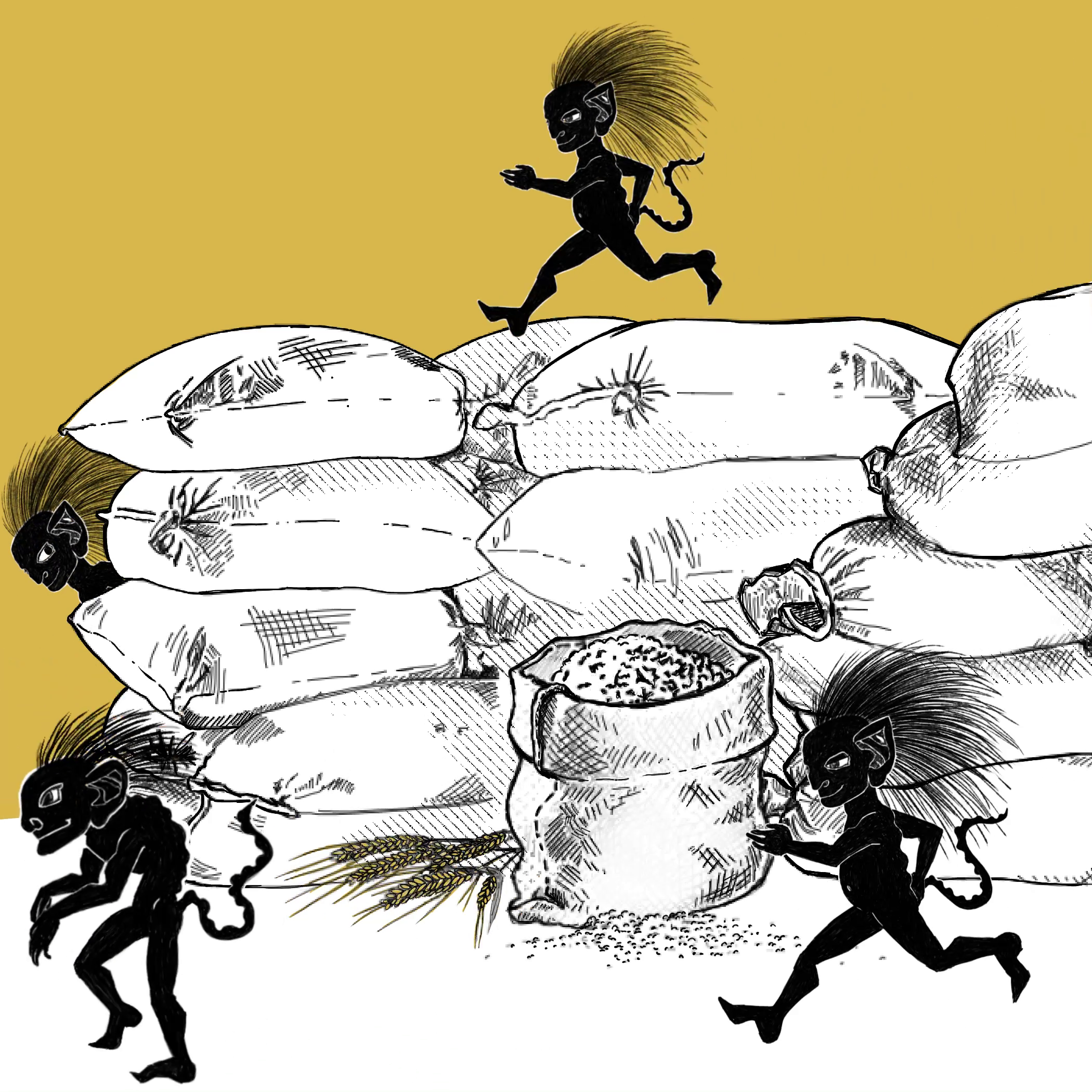I was born in 1948, here in this room we are sitting in, and close to where I am sitting now, there was a bed where six siblings were born. Life was difficult in the village, because at the time, there was no road. And to go to Karystos, we had to go over the mountain, walking five or six hours. Many people had gotten lost in the winter on the mountain, trying to take the path through snowstorms and rain.
We had no electricity. We lived with a household economy; we ate what we produced. We had our livestock, our beehives, we grew our wheat, our corn, our beans, our tarhanas for the winter. A life of routine, because we had to work from a young age. We also worked to be able to survive. I lived in the village until I was fourteen. At fourteen I left, I went to Athens, I started to earn my living.
The village’s history goes back centuries. Antia is the only village of Cavo D’oro which has not been colonized, there is no evidence of colonization. According to the legends, the historical evidence, Antia has always been in this location. There are a number of speculations, that we originate from a regiment of Persians that had been left behind after the Salamis Battle - after Xerxes was defeated, he abandoned them - and for safety they moved inland, and they came and settled here. Nothing can be confirmed, but the one thing that is certain is that we have been here for centuries. Maybe two or two and a half thousand years. And because the residents of Antia were isolated, they invented their own way of communication. Many believe it is a code. It is not a code; it is a language.
We will say “water”, we will say “here”, we will say “there”. They are words. The whistled language was an integral part of our daily life. 90% of the residents spoke it and, of course, everyone understood it. Since we were young, when learning to speak, we all tried hard to learn to whistle, so we could communicate also by whistling.
During that time, all the people were living spread out in the countryside. Our area is full of mountains, valleys, and hills. The shepherds, the farmers, they whistled to each other, and from hill to hill, a message could travel for twenty or thirty kilometers, in just a few minutes.
The main use of this language, other than to communicate from afar, was this: so, I would whistle what I wanted to the guy across the way, and you wouldn’t understand. A gendarme had come to the coffee house to catch a goat thief. The goat thief was on the mountainside.And he asked the coffee shop owner: “Where is Spyros?”
He replied: “Over there, on the mountainside, there he is, with his goats.”
“Tell him to come here”, he said, “I want him.”
And the coffee shop owner whistled: “Spyro, don't come here, the gendarme will catch you!”
So, the shepherd answered: “Tell him to catch my balls!”
“What did he say?” asked the gendarme.
“Wait”, he answered, “he is coming.” The gendarme is still waiting...
The language became famous in 1992, when an airplane fell on Mt Ochi and they were searching for the pilot. TV crews from ERT, Hellenic Broadcasting Corporation, had come then. And they saw that some people, because locals from here had gone to help, they saw the people whistling to each other.
They said: “What are you doing? What are you whistling?”
They answered: “We are talking.” And it attracted interest.
Many things were written, many things were said, but nothing was done to save it. And even today, anything that is done, it is done for show, that this thing exists there. However, something needs to be done to change this so we can save it.
This is a life goal for me, with whatever means I have, to change this, seeing that the whistled language is about to become extinct. We are around twenty people, but we are scattered, some of us even abroad. Here in Antia there are six or seven people. The youngest whistler right now is thirty years old, but there are two or three of them. Those that are thirty today, means that they will be around for another thirty years, but one or two means nothing. These whistlers must multiply and this needs to be done now. Unfortunately, I am the only one who teaches it.
I will continue to do this for as long as I can, for as long as I am able, because there are people who recognize and understand its importance. The first big step is that after my personal efforts, last year in October, it was registered as an element of the country’s intangible heritage. Now, from now on, many more steps need to be taken. I can’t see any light, because on the one hand I am tired, and on the other there is not much interest from the State’s side. The younger generation is interested, but we do not have the capacity to give them lessons, in order to spread it. I mean, if we had the capacity to organize one-month courses, every summer, I am sure that today there would be another twenty new whistlers.
I wish that there were more people like me in Antia, who were interested in the village, so it continues to have life. As for the whistled language, I wish that the ears of the right people open up, in order to get some help, so this can be achieved.
Anything that is lost, it’s like losing something from ourselves, because if we abandon our mores, our customs, our history, we have no reason for existence. I fully believe in the saying: “If you don’t know where you are coming from, you don’t know where you are going”. The whistled language is something unique in Greece.


